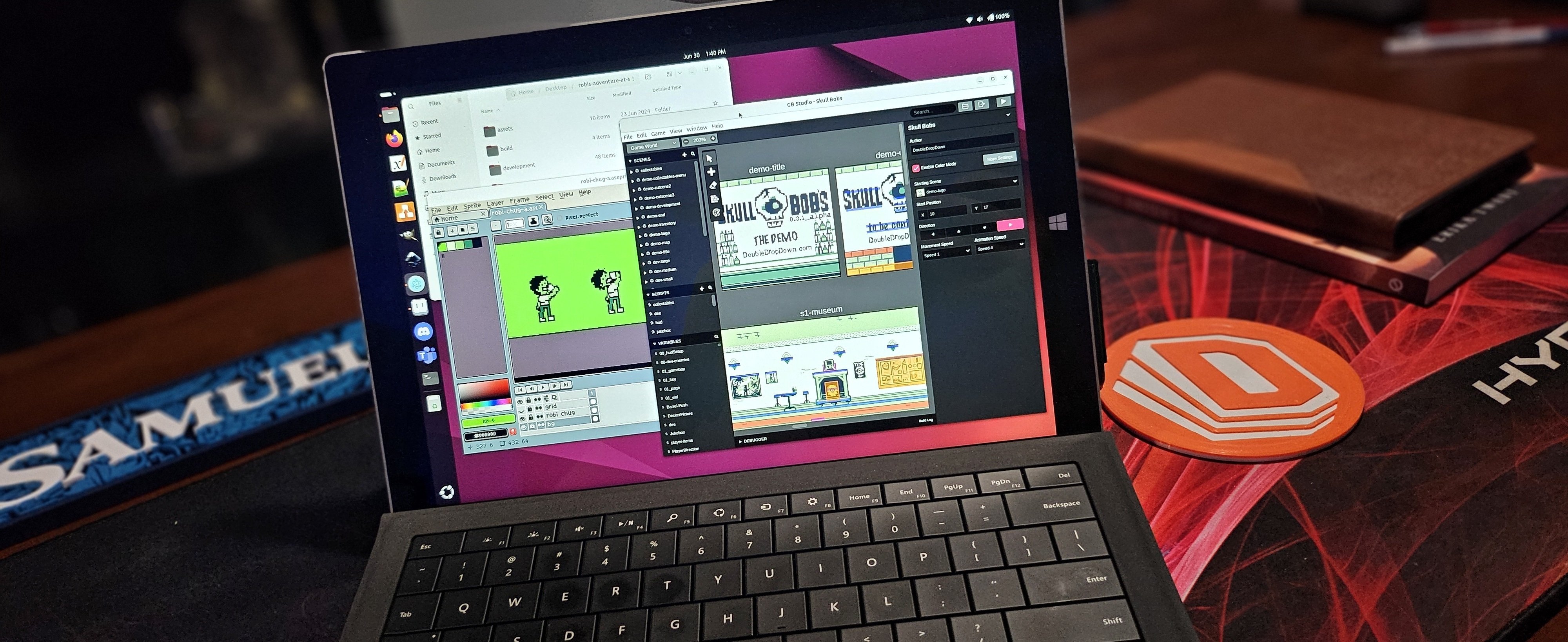I'm 43 and not really starting using Linux. I've dabbled with distros on and off over the years, but I never made the full switch because work always had some program or policy that just wouldn't play nice with Linux. With all the crappy Microsoft decisions, bloatware, and ads I decided to try and use Linux exclusively on a personal device, and I'm absolutely loving it!
I've been working with Ubuntu as my main distro, and I've also been playing around with distros on a Raspberry Pi. To really challenge myself, I installed Linux on an old Surface Pro 3, and guess what? It just works! I was pleasantly surprised by how smooth the setup was and how well it performs.
I missing any key steps or tips to make the experience even better on a Surface? Any insights would be greatly appreciated. I was planning to buy a new tablet that runs Linux but this is working better than expected. I'm really enjoying the flexibility and control Linux offers and want to keep this momentum going.
I have read up and tried plenty, just looking for some perspectives out there specific to your tablet experiences.
EDIT Thank you for all the suggestions and insights! I'm going to continue using the Ubuntu build for the next few months. Still lots more to learn, but I'm excited to see how this goes. I have everything setup I need to function as a Linux only tablet experience. no more dependency on Windoze.
EDIT 2 I have been using Ubuntu for a few weeks and it generally works. The touch has been great but I do notice it is a bit buggy at times and the virtual keyboard leaves a lot to be desired. I did read this article today that talks about their experience more on a Surface Pro 4. https://www.binwang.me/2024-07-12-A-Review-of-Linux-on-Surface-Pro-4.html

Gnome works quite well on a larger touch-screen. Edit: ah, Ubuntu should have that by default.
It worked immediately without much fuss. That's why I was scratching my head. Was it always this easy!? I'm enjoying the experience so far
Installing Linux on most hardware became really easy maybe 5 years ago.
What changed to make it happen? I am so done with other OS and Linux does everything I need. I really need to learn more about what's happening and how to better use it so I can further customize and configure.
Nothing specifically, just nice improvements cumulating over the years.
Lot of just general progress, Linux was so fringe when I started in 2002 compared to now. Most enterprise customers are using Linux the past 15 years and hardware venders are now seeing more and more Linux adoption. We can kind of thank Chrome a bit for that but also more people generally having an interest and using it and developing drivers for their hardware